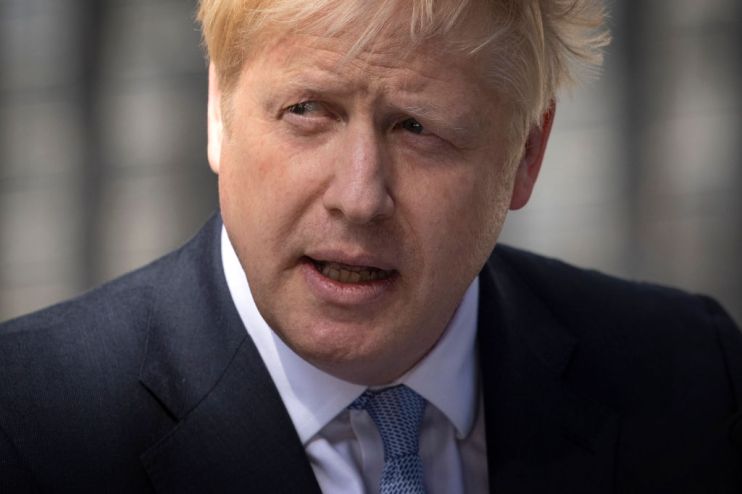Boris Johnson assembles his quickfire cabinet

Boris Johnson oversaw one of the most brutal cabinet culls in UK political history tonight, replacing a string of big-name MPs with some of his closest supporters.
Within hours of arriving in Downing Street Johnson had appointed Sajid Javid as chancellor, Dominic Raab as foreign secretary, Priti Patel as home secretary, and Liz Truss as international trade secretary.
Supporters of his leadership rival Jeremy Hunt were the first to be ousted, with Brexiters Liam Fox and Penny Mordaunt sacked. Hunt will also return to the backbenches after turning down the job of defence secretary, which will be taken by Ben Wallace.
Former City lawyer Nicky Morgan returns to the government as culture secretary, opening up the chair of the Treasury Select Committee – largely seen as Westminster’s leading financial watchdog.
Andrea Leadsom was appointed business secretary, replacing Greg Clark.
Former leadership contender Michael Gove, with whom Johnson fell out during the 2016 race to replace David Cameron, was made chancellor of the Duchy of Lancaster, while Gavin Williamson returns to the government as education secretary and Amber Rudd takes the work and pensions brief. Her predecessor Esther McVey becomes housing minister.
Another leadership contender, Matt Hancock, who backed Johnson after dropping out of the race, remains health and social care secretary. Theresa Villiers is the new environment secretary, while Grant Shapps becomes transport secretary, replacing Chris Grayling.
Hardline Brexiter Jacob Rees-Mogg was appointed leader of the House of Commons, and Rishi Sunak was made chief secretary to the Treasury.
Earlier in the day prominent MPs – including Theresa May, Philip Hammond, Rory Stewart, David Gauke and David Lidington – confirmed they were leaving the government. Around 20 ministers have left their posts.
As well as making sweeping changes to the Cabinet, Johnson has also installed new faces in Downing Street, with former Vote Leave campaign director Dominic Cummings given a role alongside a slew of other names who worked with Johnson during the 2016 EU referendum.
Conservative MP Nigel Evans said: “It’s not so much a reshuffle as a summer’s day massacre”.
Ahead of the switch-up, Johnson said he would take personal responsibility for a range of improvements he wanted to see to the UK.
“Never mind the backstop, the buck stops here,” he said.
With his new Downing Street team looking on, Johnson argued that should the UK leave the EU without an agreement, it would be the fault of Brussels.
He said: “I am convinced we can do a deal without checks at the Irish border because we refuse under any circumstances to have such checks and get rid of that antidemocratic backstop.”
“It is of course vital that at the same time we prepare for the remote possibility that Brussels refuses any further to negotiate and we are forced to come out with no deal, not because we want that outcome, of course not, but because it is only common sense to prepare [for] it.”
Johnson also vowed to withhold all the money agreed in the financial settlement in the event of no deal, saying the amount – in excess of £30bn – would be “extra lubrication”.
Aside from Brexit, Johnson made a raft of domestic policy announcements.
He pledged an extra 20,000 police on to the nation’s streets, reducing waiting times for people wanting to see a GP, and 20 new hospital upgrades.
On social care, the issue which sparked the unravelling of Theresa May’s 2017 general election campaign, Johnson made a firm pledge.
“My job is to protect you or your parents or grandparents from the fear of having to sell your home to pay for the costs of care and so I am announcing now – on the steps of Downing Street – that we will fix the crisis in social care once and for all with a clear plan we have prepared,” he said.
Main image credit: Getty